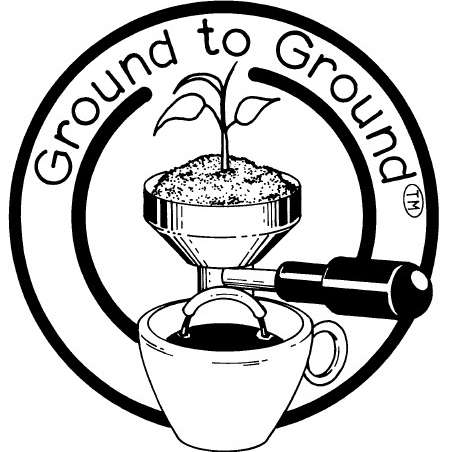I love the stock market.
I love that idea that with a lot of hard work (and a lot of luck) I could possibly pay off my homeloan a little bit early.
Another part of it is watching small companies realise their potential. Like the one that’s using ocean waves to create electricity. Or the one that’s teaching a cold virus to attack cancer cells. Or even just watching Billabong try to go back to its roots.
The final part is the psychology – how the mind works under different stressors.
I hate selling a losing stock. It makes me feel like an idiot and I have to admit to myself (and my accountant) that I was wrong about something. I’ve read a lot of books about how to train the mind to deal with this and the upshot is to stop it before it gets too bad, ie before you buy a stock you need to work out at what point you no longer want to be an owner of that stock. Mostly it’s a price thing, but it could also be that they branch into an area you don’t like (eg gambling), or maybe the CFO quits or directors start selling. Whenever that trigger happens you have to get out and focus your energy on other opportunities. Even the big guys say that they’re lucky to have 6 out of 10 investments go well for them – they just make the good ones count and get out of the dud ones quickly. Even though it makes sense to me, I’ve never been able to put it into practice.
I was reading one of these books a few weeks ago and got to the third last page when it dawned on me. Tomatoes.
I started up some tomatoes this year after a bit of a break. I’d forgotten about the natural enemies of the tomato. This year I got hit with three – birds, caterpillars and heat (splitting).
I know that no matter what I do, some of my tomatoes are not going to make it – but I can’t predict which ones though. I just know that when the fruit gets affected I have to get rid of it, otherwise it will be bad for the whole plant. When that happens, I don’t beat myself up, I just get on with the job. That was my light-bulb moment.
Everything seems so much simpler in a natural setting. Things get so complicated when money and reputation are involved.
At least now when I’m faced with the pain of losing money, I’ll have some nice imagery to go with it.









Leave a reply to shanegenziuk Cancel reply